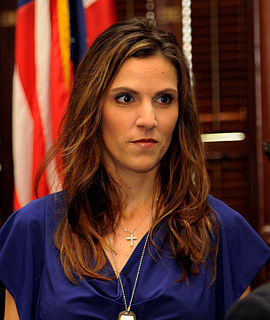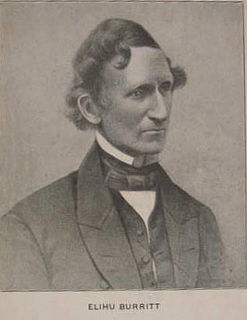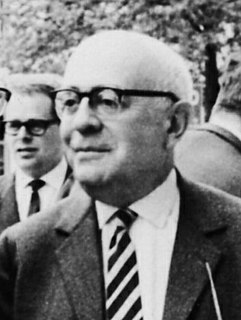A Quote by Tom Chatfield
Even when they're not causing injury, human-controlled cars are often driven inefficiently, ineptly, antisocially, or in other ways additive to the sum of human misery.
Related Quotes
It cannot be said too often that actions are good or bad in the light of consequences, and that a clear perception of consequences would control actions. That which increases the sum of human happiness is moral; and that which diminishes the sum of human happiness is immoral. . . . Blind, unreasoning obedience is the enemy of morality.
the leading error of the human mind, - the bane of human happiness - the perverter of human virtue ... is Religion - that dark coinage of trembling ignorance! It is Religion - that poisoner of human felicity! It is Religion - that blind guide of human reason! It is Religion - that dethroner of human virtue! which lies at the root of all the evil and all the misery that pervade the world!
I think that human beings, even the ones who are sometimes hurting you, are often very, very confused at their center. Even people who are doing things that are nefarious - it's often out of confusion. I know that it's tough to be a human whether you're good or bad. I'm acutely aware of that. If that comes through, then I'm really grateful.
Not only does the modern person often think that sight is more important than sound - there's no objective evidence to indicate that. Many people, even audiologists who study the science of human speech and hearing, have assumed for a long time that the human ear evolved to hear the human voice, rather than the voice changing to fit the human ear. And the human ear is actually not a perfect match if we map its sensitivity to the different frequencies in the human range of hearing; it's an unequal curve, it's kind of a wavy line.
Religion informs us that misery and sin were produced together. The depravation of human will was followed by a disorder of the harmony of nature; and by that Providence which often places antidotes in the neighborhood of poisons, vice was checked by misery, lest it should swell to universal and unlimited dominion.
Many of us who have cars have felt some form of extreme anger at other drivers because we feel they have put us in harm's way. We might even envision ramming their cars or cutting them off in return, but do we actually do it? No, because the overwhelming majority of us never want to take another human life.
The history of science, like the history of all human ideas, is a history of irresponsible dreams, of obstinacy, and of error. But science is one of the very few human activities-perhaps the only one-in which errors are systematically criticized and fairly often, in time, corrected. This is why we can say that, in science, we often learn from our mistakes, and why we can speak clearly and sensibly about making progress there. In most other fields of human endeavour there is change, but rarely progress ... And in most fields we do not even know how to evaluate change.
For Jesus, it is clear, poverty is not the problem; it is the solution. Until human beings learn to live in naked contact and direct simplicity and equality with each other, sharing all resources, there can be no solution to the misery of the human condition and no establishment of God's kingdom. Jesus' radical and paradoxical sense of who could and who could not enter the Kingdom is even more clearly illustrated by his famous praise of children.


































